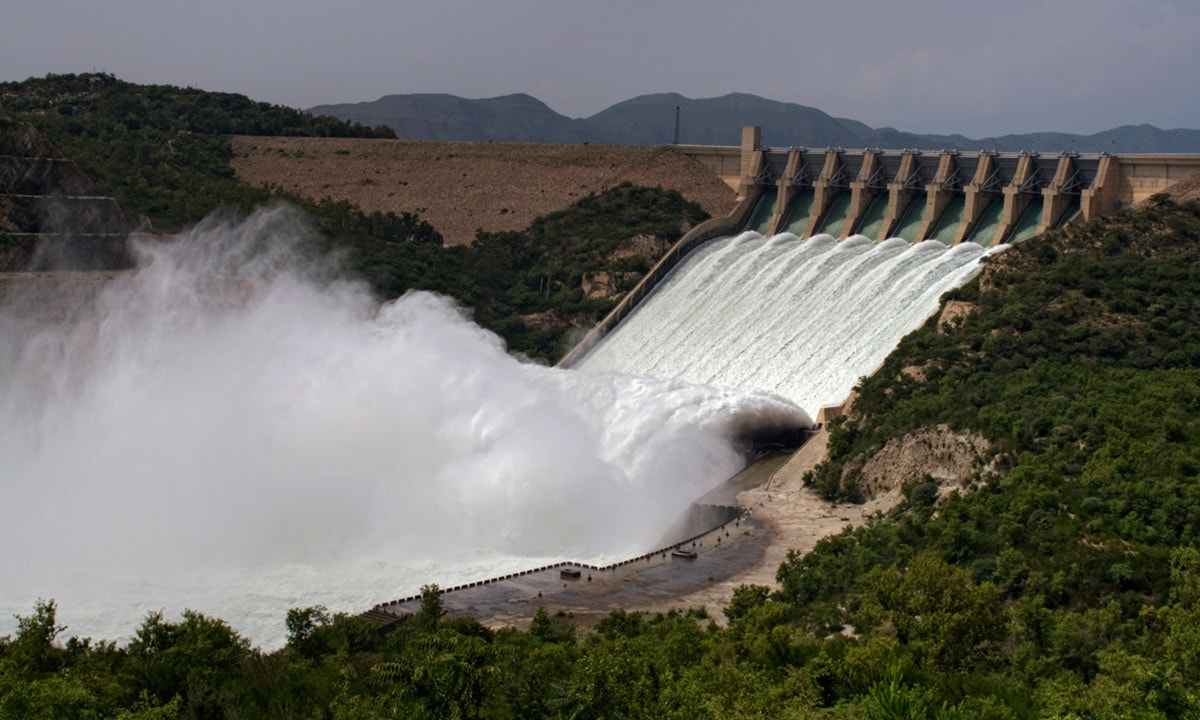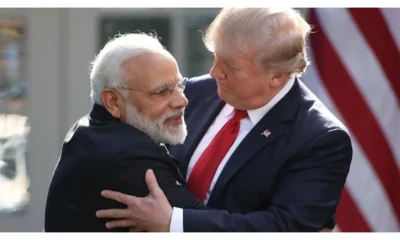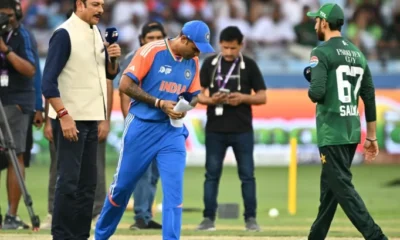[vc_row][vc_column][vc_column_text]~By Rajesh Sinha
Smarting under the blow from Supreme Court’s verdict declaring Right to Privacy as a Fundamental Right, which it had hotly contested, the Centre’s reaction still focused on the aspect of “no right is absolute”.
Quoting from the judgment, a press release from the Ministry of Law and Justice said: “The Government is of the clear opinion that its legislations are compliant with the tests laid down in the judgement. The Supreme court has stated that “…requires a careful and sensitive balance between individual interests and legitimate concerns of the State. The legitimate aims of the State would include for instance protecting national security, preventing and investigating crime, encouraging innovation and the spread of knowledge, and preventing the dissipation of social welfare benefits.”
The government said it is committed to this object – and there lies the nub. This interpretation leaves the door open to encroachment on the right for questionable goals.
Critics say the Aadhaar ID cards link enough data to create a comprehensive profile of a person’s spending habits, their friends and acquaintances, the property they own and a trove of other information.
Aadhaar was originally meant to be a secure form of digital identification for citizens. But as it was rolled out, concerns arose about privacy, data security and recourse for citizens in the face of data leaks and other issues. Over time, Aadhaar was made mandatory for income tax returns and operating bank accounts. Companies also started pushing to gain access to Aadhaar details of customers. Opponents say that its use for what are effectively essential services means their right to privacy is increasingly being violated.
There were other concerns as well. First, making Aadhar mandatory for delivering services and ‘preventing dissipation of social service benefits’ is an intrusion into privacy for administrative convenience or to cover administrative inefficiency. If the government machinery is inefficient, should it encroach on Fundamental Rights? The court does say “preventing the dissipation of social welfare benefits” is a “legitimate aim of the State” to restrict the right.
Second, it is doubtful if making Aadhaar mandatory would enhance security. There have been instances of terrorists being found with Aadhaar cards. No instances have been reported of an Aadhaar card leading to a terrorist. On the other hand, making Aadhaar mandatory for various services, bank accounts, mobile phones etc makes it possible for any agency to access all kinds of information about an individual it wants to target and harass. Any individual whom an agency wants to target would be vulnerable to harassment. Even a notice seeking explanation is a harassment for the ordinary citizen, even if it does not involve any crime or offence and does not lead to prosecution or penalty.
The government appeared keen to retain its powers in this regard. Union Law Minister Ravi Shankar Prasad read from the judgments of the different judges on the Supreme Court bench to underscore that they acknowledged privacy “is not an absolute right, it must be subject to some reasonable restrictions.”
Contrary to what the government had argued in the court, he said the government’s view is consistent that right to privacy should be fundamental. He said the “essence of today’s judgment” validated what Arun Jaitley, then Law Minister, had told Parliament in 2016. “Much before the creation of the nine-judge bench, the government, while moving the Aadhaar Act had clearly acknowledged that Right to Privacy is fundamental, flowing from Article 21,” the minister said.
Prasad added that it is “unknown in civilised existence that a government was seeking to collect data of its countrymen without the authority of law”.
On the benefits of Aadhaar, Shankar claimed the government has saved Rs 57,000 crore through validation. “Aadhar validates information for 3 crore people every day. The world is marvelling at this technology. It is completely homegrown. Should be proud,” he said.
In its press statement, Union Ministry of Law and Justice said: “The Government welcomes the view of the Supreme Court, which is consistent with all the necessary safeguards that the Government has been ensuring in its legislative proposals which had been approved by Parliament.”
The Modi government statement was more of a political comment as it sought to attack the previous government: “The issue of personal liberty had a chequered history during the previous Congress Governments. Immediately after the Constitution was framed, the Congress Government at the Centre had consistently maintained that personal liberty could be denied to an individual by any legislation irrespective of the reasonableness of that legislation. The Congress Governments had consistently argued that privacy was not a part of any constitutional guarantees. In fact, during the internal emergency when Article 21 was suspended, the Central Government had argued before the Supreme Court that a person could be killed and deprived even his life (let alone liberty) and he would still be remediless.”
“The UPA Government had introduced AADHAR scheme without any legislative support. It was in that context that the question of the UPA’s AADHAR scheme was challenged before the judiciary. The NDA Government ensured that necessary legislation was approved by Parliament. Adequate safeguards were also introduced.”
“… the UPA Government created an AADHAR without any legislative support. The present Government did exactly the opposite. It gave a legislative support to AADHAR and incorporated in law special safeguards with regard to privacy. It has also assured the Supreme Court that it will soon be coming out with a data protection law for which a committee headed by Justice Sri Krishna, a retired judge of the Supreme Court, had already been appointed.”
The government reiterated, “The judgement reads that personal liberty is not an absolute right but liable to the restrictions provided in the Constitution which will be examined on a case to case basis.”[/vc_column_text][/vc_column][/vc_row]


 Latest world news21 hours ago
Latest world news21 hours ago
 India News21 hours ago
India News21 hours ago
 Latest world news6 hours ago
Latest world news6 hours ago
 India News6 hours ago
India News6 hours ago
 India News6 hours ago
India News6 hours ago
 India News6 hours ago
India News6 hours ago
 LATEST SPORTS NEWS6 hours ago
LATEST SPORTS NEWS6 hours ago
 India News2 hours ago
India News2 hours ago













